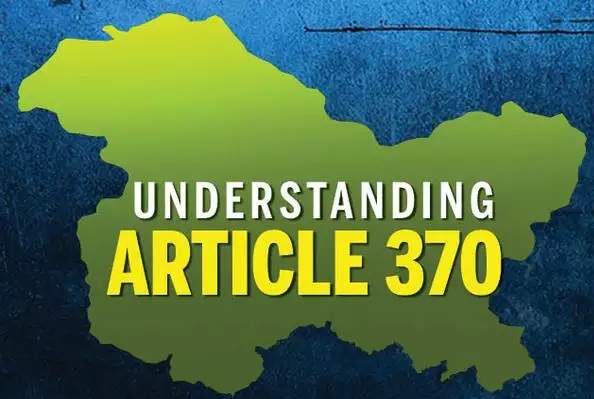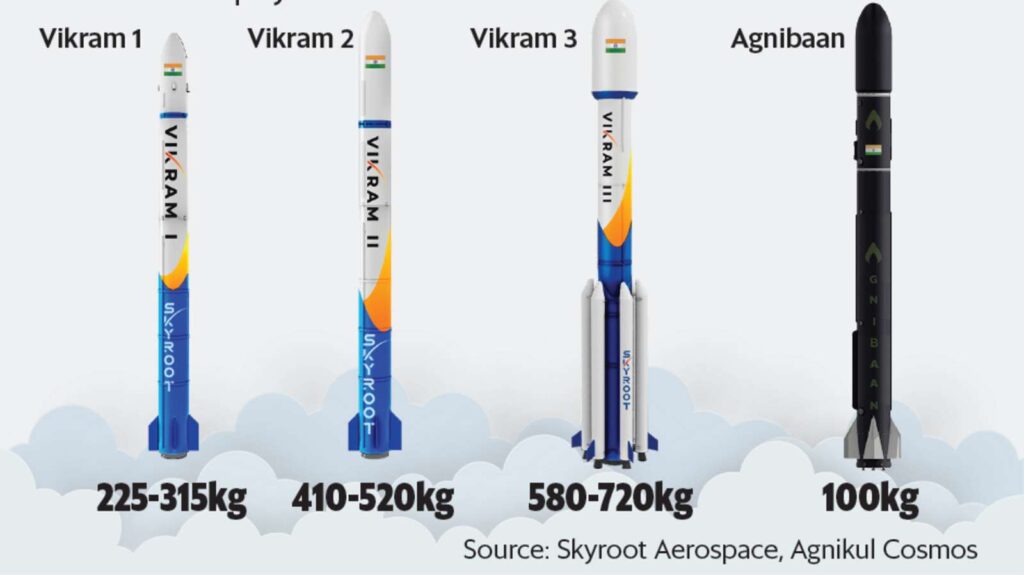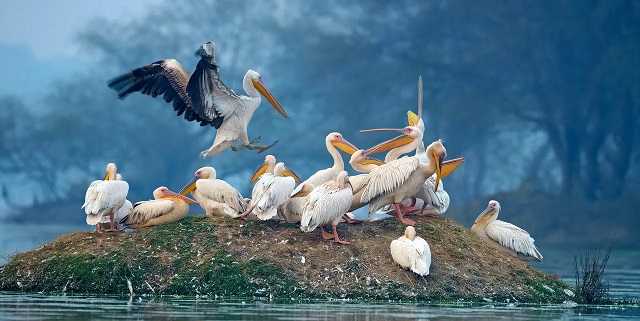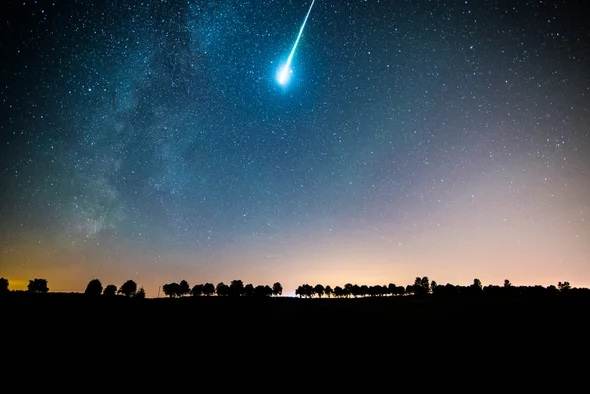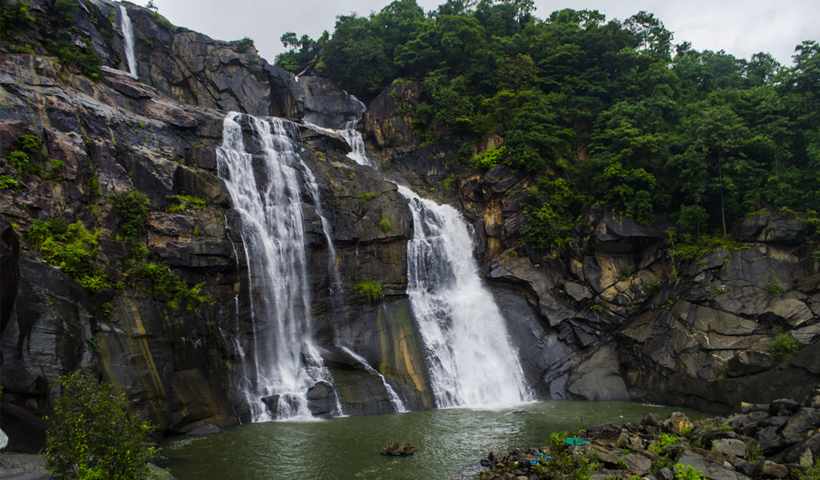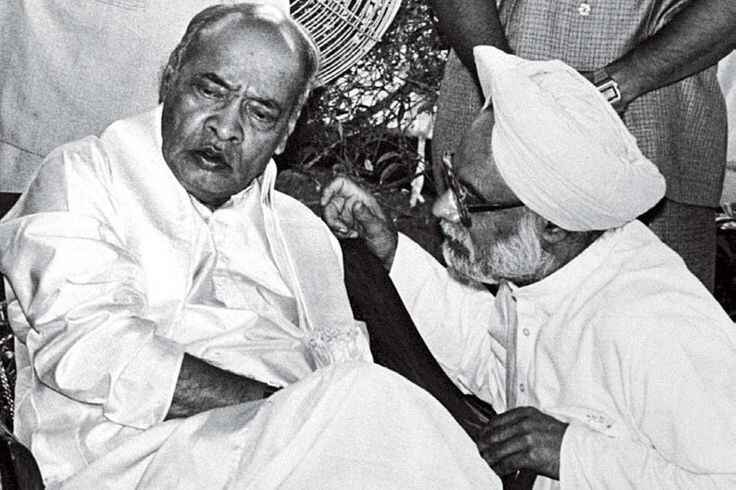Jammu and Kashmir was given special status under Article 370 of the Indian Constitution. It was created in 1949 by N.Gopalaswami Iyengar, a member of the Indian Constituent Assembly, as a ‘temporary measure‘.
This constitutional provision was inspired by the Instrument of Accession signed by Hari Singh, the ruler of Jammu and Kashmir, after the invasion of Pakistan in 1947.
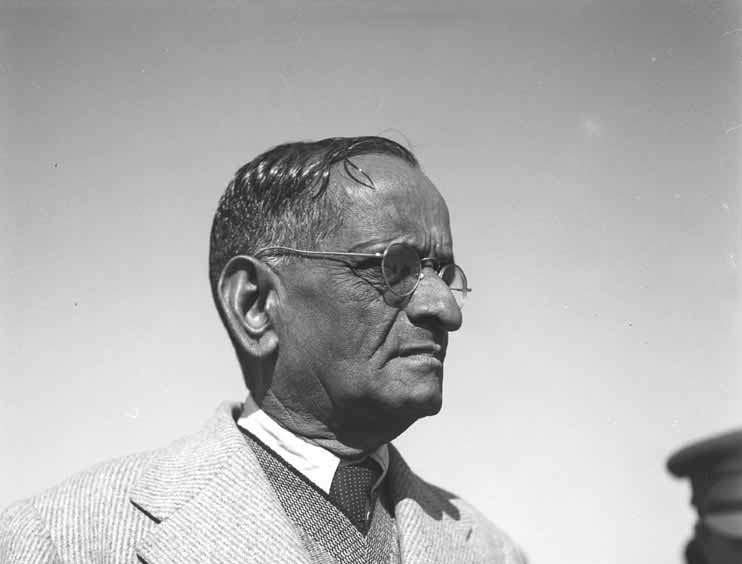
The state of Jammu and Kashmir enjoyed unusual benefits under Article 370, including the right to establish its own constitution and flag, as well as autonomy in most subjects with exceptions in defence, foreign affairs and communications.
However, in 2019, Parliament, through a Presidential order, renamed the ‘Constituent Assembly of Jammu and Kashmir‘ as the ‘Legislative Assembly of Jammu and Kashmir‘ and assumed the powers of the Assembly. As a result, Article 370 was abrogated, the powers of the Legislative Assembly were transferred to the Central Government and the constitutional landscape of Jammu and Kashmir was changed.
Article Powered by TOPICFLIX

About the Author
Ankita is a German scholar and loves to write. Users can follow Ankita on Instagram 
विक्रम-I रॉकेट (Vikram-I Rocket) [UPSC in Hindi]
विक्रम-I रॉकेट (Vikram-I Rocket) एक छोटा, निजी क्षेत्र द्वारा बनाया गया, लांचिंग व्हीकल है। यह…
Why is Saturn’s status as a giant planet in question ?
Saturn is a large planet with a mass of about 100 times that of Earth….
रामसर कन्वेंशन [Ramsar Convention]
रामसर कन्वेंशन,1971(Ramsar Convention,1971) विश्वभर में फैली हुई नमभूमि (आर्द्रभूमि- Wetlands) और उससे सम्बद्ध जैवविविधता को…
Why are meteors visible from the earth ?
Meteors, also known as shooting stars, are visible from Earth because they are small particles,…
छोटा नागपुर पठार [Chota Nagpur Plateau]
छोटा नागपुर पठार (Chota Nagpur Plateau) पूर्वी भारत में एक पठार है, जो झारखंड राज्य…
Contributions of Former Prime Minister PV Narasimha Rao
PV Narasimha Rao, one of India’s most capable Prime Ministers (1991–1996), was one of the…
